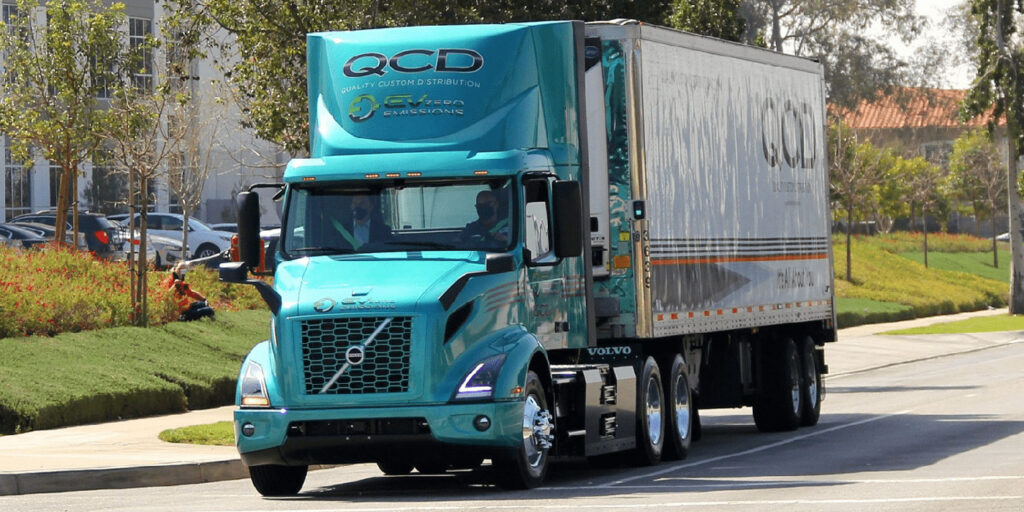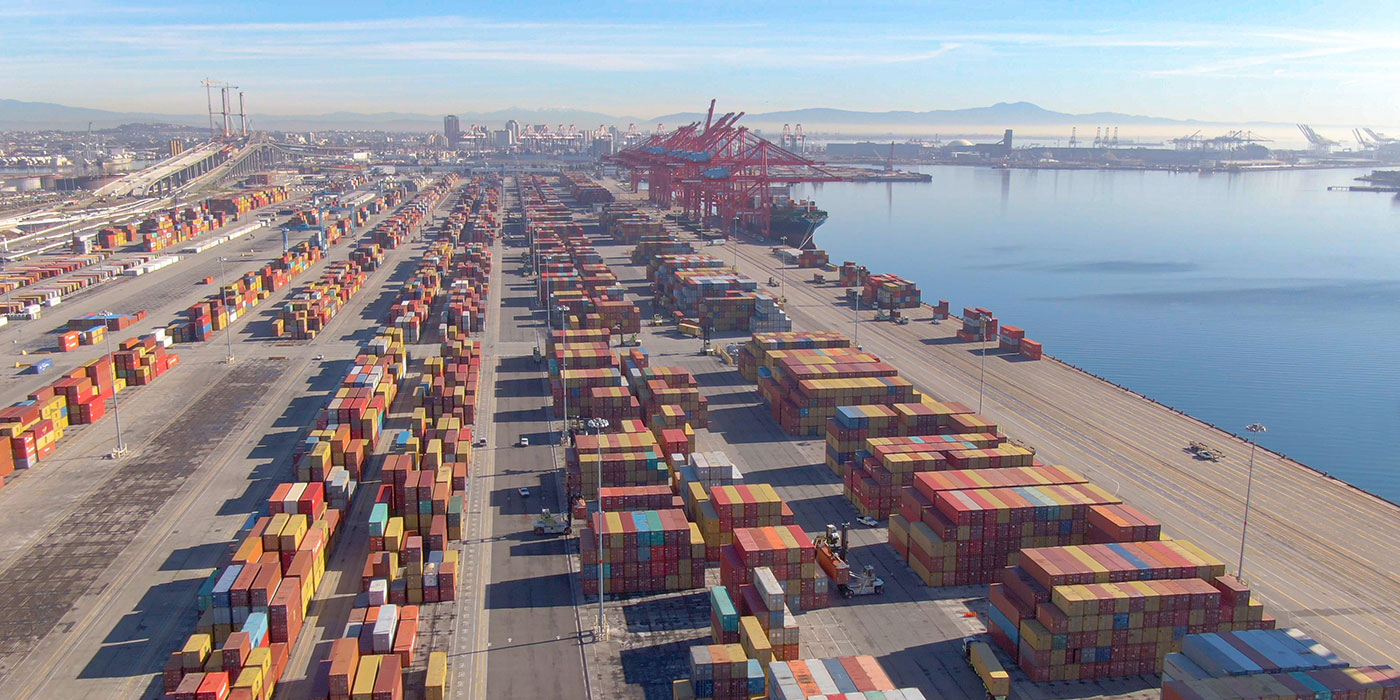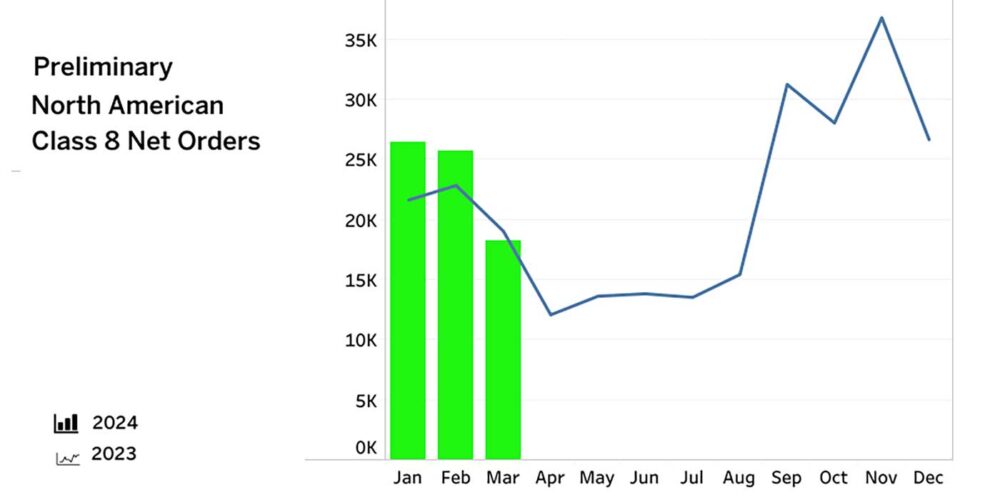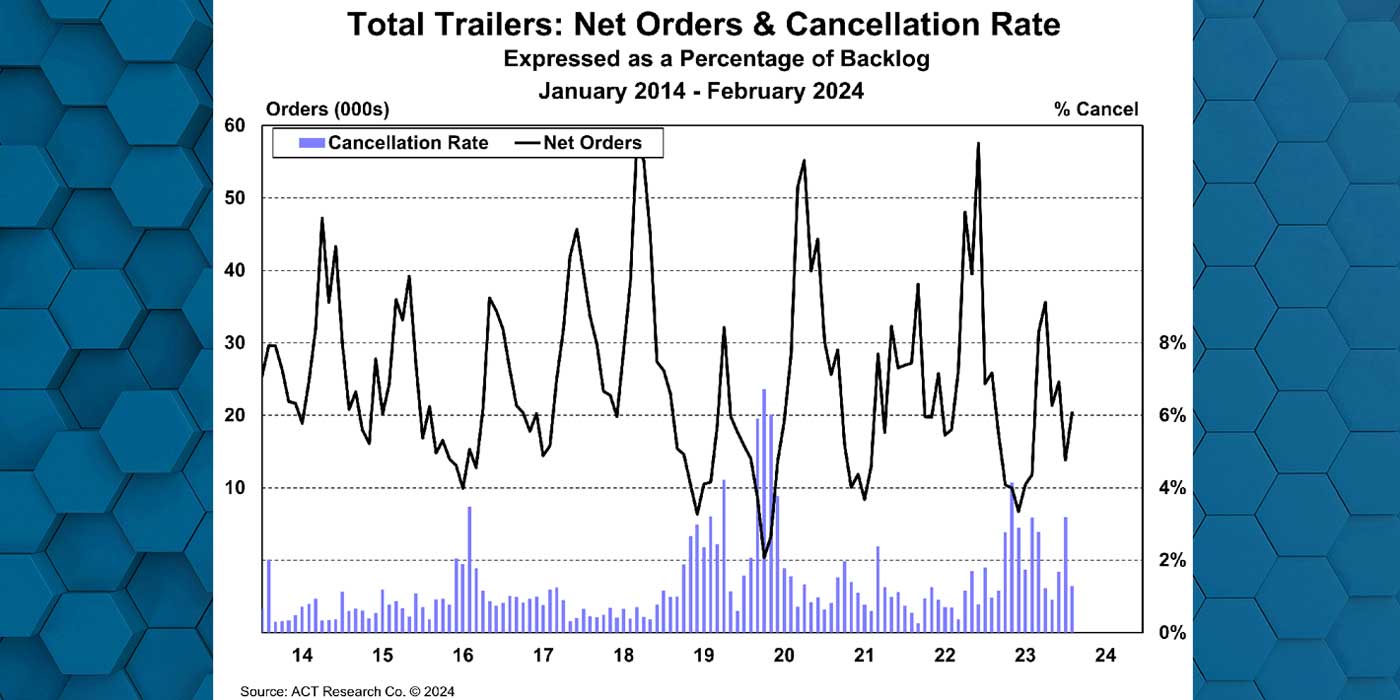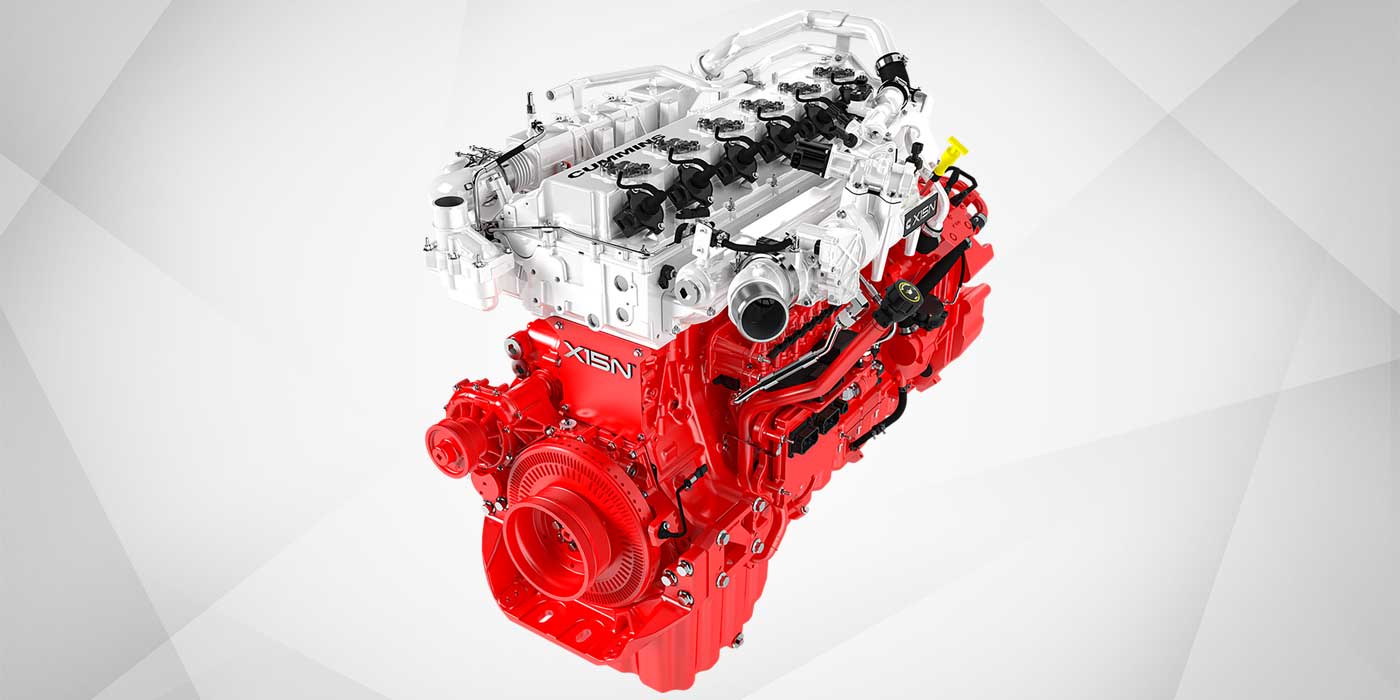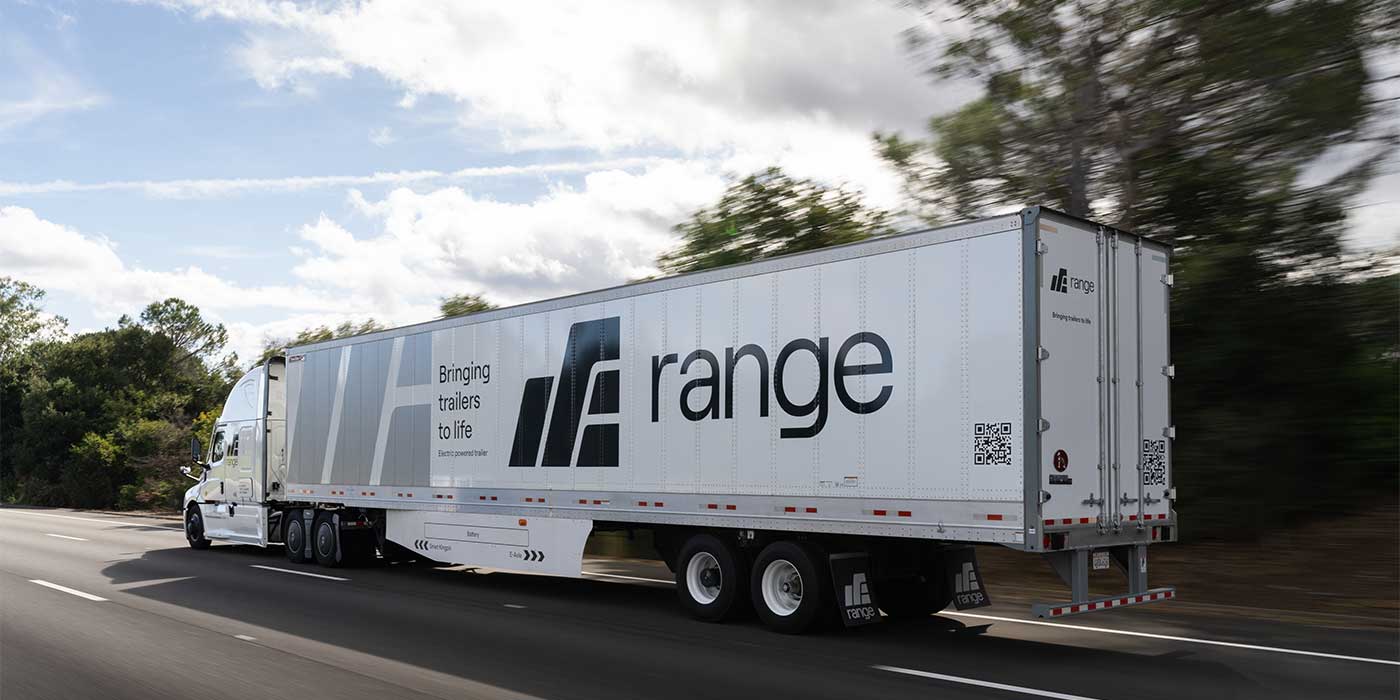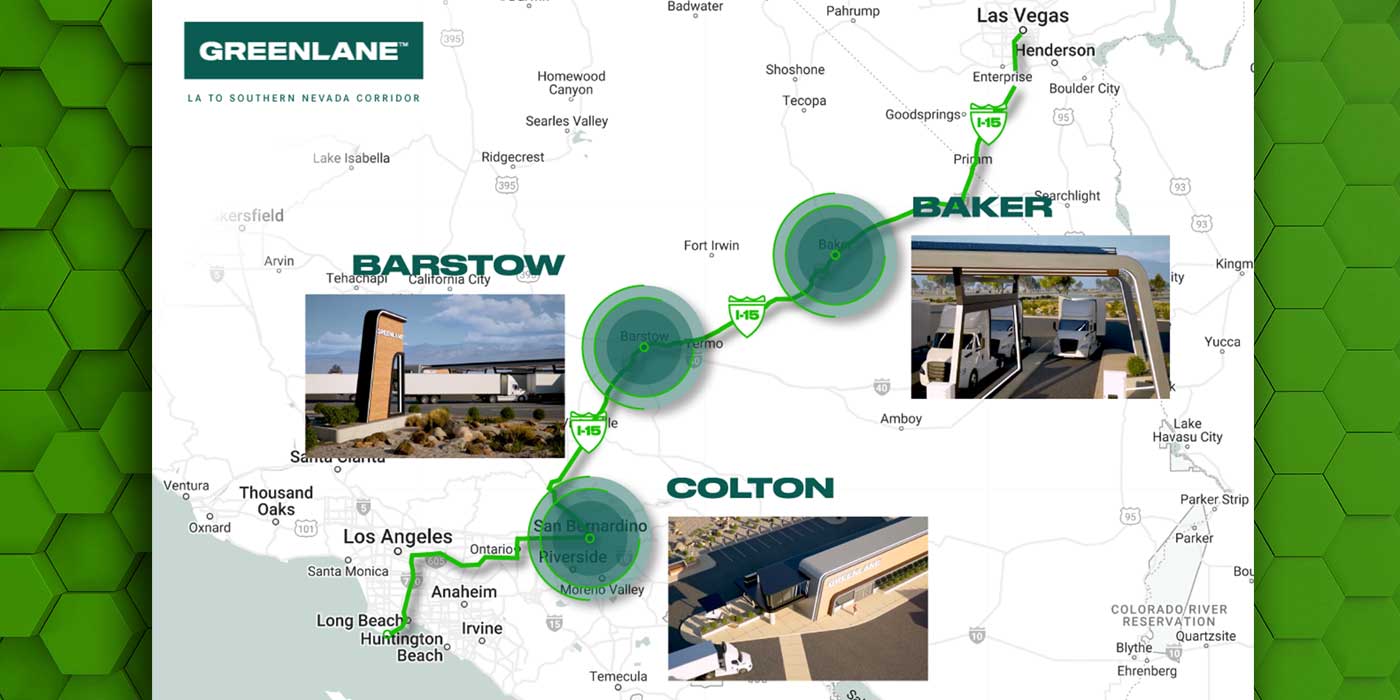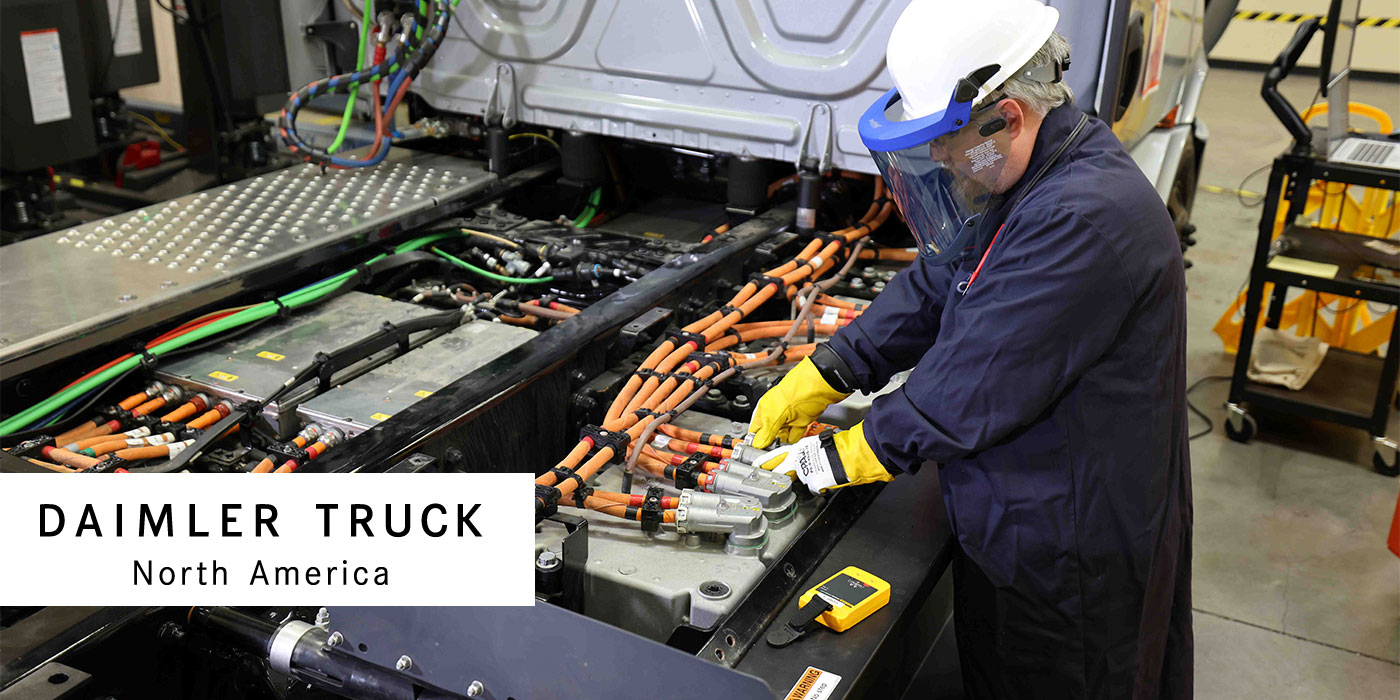Editor’s note: QCD has been a leader in electric truck adoption. The headlines and mile markers have been numerous. So when Shane Blanchette group vice president, continuous improvement, QCD, reached out to share the company’s sustainability journey, we jumped at the chance to hand him the proverbial editorial mic. So here’s Blanchette, take it away Shane:
The journey to renewable energy must start somewhere. Whether it’s courageously taking the road less traveled or accelerating our speed to sustainability, logistics leaders will drive our industry forward, overcoming inevitable bumps in the road, taking some risks, and enduring detours along the way.
Mapping out a sustainability plan, while maintaining flexibility to change course, keeps us moving in the right direction. Key to our Environmental, Social, and Governance (ESG) commitment, an ambitious and adaptable mindset makes us more than just passengers, as we take the wheel and accelerate toward our renewable energy future.
Starting the ignition
Fueling up for our sustainability road trip requires a few essential preparations, such as setting renewable energy goals and planning out stops ahead of time for maintenance checks along the way. Then we load in the right partners, buckle up the team, and hit the road.
At Quality Custom Distribution (QCD), the sustainability team leaders across 24 distribution centers have enhanced the trip by thoughtfully selecting vendors for LED/motion-sensor lighting and energy-efficient recycling programs to ignite our sustainability journey. QCD also implemented solar energy to power pallet jacks and lift gates, extending the service life of lift gate electric batteries throughout the fleet.
Hitting the open road
Picking up speed on pursuing sustainability goals, we learned that this drive does not always accelerate at zero-to-60 momentum. Speed bumps slow us down, potholes make us pivot quickly, and detours take us in unexpected directions, serving as important reminders to remain open-minded and flexible on the road.
For QCD, going the extra mile required more budget planning to fuel future goals, while navigating calculated risks, changing course, and picking up new passengers along the way. Understanding the road conditions, estimated arrival times, and favorable locales for funding opportunities, QCD ventured out from facility-based efforts to fleet-focused initiatives.
For instance, in 2021, QCD deployed their first Volvo VNR Electric tractor on last-miles delivery routes in Southern California, while anticipating a dozen more emissions-reducing trucks joining the fleet after that. The same year, we initiated fuel supply with Neste MY Renewable Diesel for our delivery fleets in California and Oregon, both areas where the current and planned infrastructure supports this transition. Partners like Volvo North America and Neste really rev up QCD’s sustainability engine and empower the journey we’re on together.
Much more than just passengers along for the ride, customers’ shared values with QCD leaders has kept everyone driving in the same ESG lanes over the years. For example, Starbucks partnered with QCD to pilot its FoodShare program, which leverages QCD’s logistics expertise and efficiencies to deliver unused, nourishing Starbucks food to nonprofits around the U.S.
Navigating traffic jams
While the pandemic took many companies off the road and halted some sustainability road trips, this traffic jam led to a ramp-up of engagement with our warehouses and fleets. We reduced our delivery frequency from seven days a week to six during shifts in demand in targeted geographies.
A seemingly simple two-point turn, we carefully evaluated this road less-traveled with our navigation companions to ensure it would deliver more pros than cons for customers. So far in 2022, our sustainability gains amount to reducing annual mileage and CO2 emissions by an estimated 18 percent.
Accelerating our speed
The most exciting and innovative leg of the journey yet, QCD began partnering with Scale Microgrid Solutions and InCharge Energy this year to electrify our Southern California fleet based in La Puente. This $20 million electrification project, which includes the purchase of 30 zero-tailpipe emission Volvo VNR Electric tractors; 16 dual-plug chargers; and a renewable energy microgrid to power the chargers, secured part of its funding through grants and incentives from HVIP, MSRC, and the Last Mile Freight Program (LMFP).
We’re continuing to learn more about electric vehicles, fuel savings, emissions reduction, and capabilities on a broader scale, which guides our future roadmap to an even more sustainable logistics operation. We’re also considering additional solar energy initiatives, especially as California offers a receptive environment for connecting these renewable energy routes. Down the road, QCD may shift gears to a hybrid approach across the company with portions of the business running on electricity, Renewable Natural Gas (RNG), or hydrogen, while some fleet remain on biodiesel.
An ongoing journey, not a destination
Sustainability is a perpetual journey, not a destination at the end of the road. As we put our best efforts in and the miles on, we continuously improve by going back under the hood of logistics operations, tuning up our engine, and course-correcting sustainability practices along the way. Bringing the right passengers along and keeping the resilient roadmap at the ready, we’re on the road to renewable energy and in it for the long-haul.

